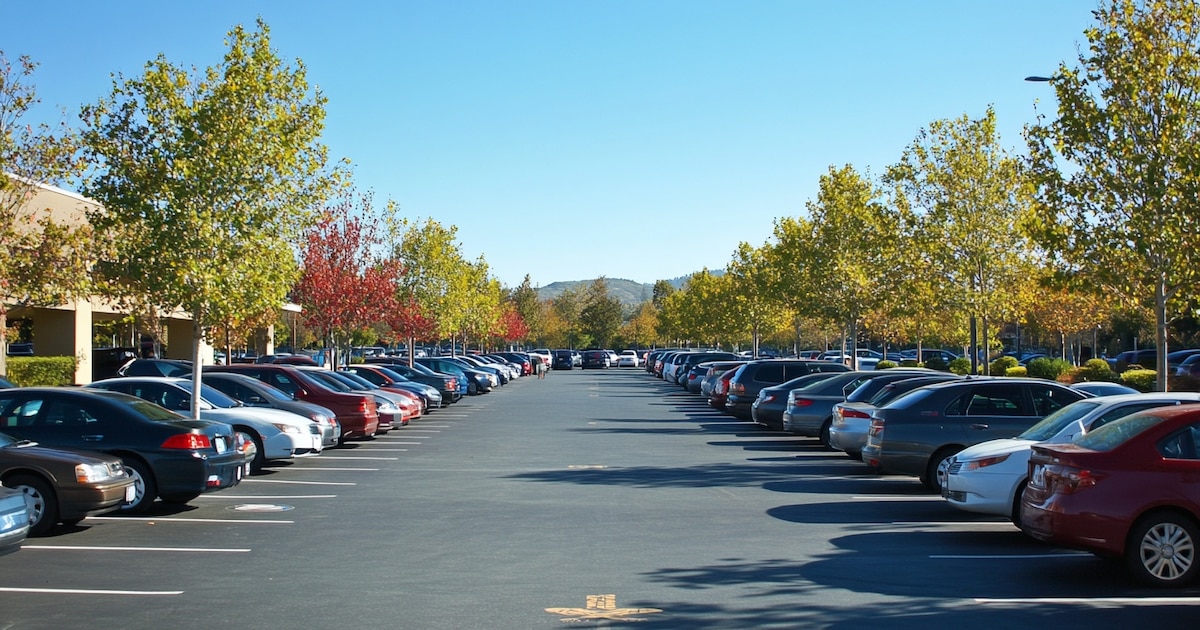NEW YORK (AP) — Walmart’s first quarter profit slipped and it said it must raise prices due to higher costs from tariffs implemented by President Donald Trump.
The nation’s largest retailers posted strong quarterly sales Thursday and said it expects sales growth of 3.5% to 4.5% in the second quarter.
Like many other U.S. companies, however, it did not issue a profit outlook for the quarter because of the chaotic environment, with stated U.S. tariff policies changing constantly. The company maintained its full year guidance issued in February.
Walmart earned $4.45 billion, or 56 cents per share, in the quarter ended April 30, down from $5.10 billion, or 63 cents per share, in the same period last year.
Adjusted earnings per share were 61 cents, exceeding the 58 cent projections from industry analysts, according to FactSet.
Revenue rose 2.5% to $165.61 billion, just short of analyst estimates.
Walmart’s U.S. comparable sales — those from established physical stores and online channels — rose 4.5% in the second quarter, though that’s slowed from a 4.6% bump in the previous quarter, and a 5.3% increase in the third quarter of 2024.
Shares rose almost 3% before the opening bell Thursday.
Business was fueled by health and wellness items as well as groceries. Sales were weaker in home and sporting good, which was offset by robust sales of toys, automotive goods and kid’s clothing, the company said.
Global e-commerce sales rose 22%, up from 16% in the previous quarter.
Future sales have become a concern for all retailers for a number of reasons.
Many Americans have been pulling back on spending as they grow uneasy about the economy, and inflation remains elevated. Trump’s tariffs on China and other countries threaten the low-price model that is at the core of Walmart’s success.
Trump’s threatened 145% import taxes on Chinese goods were reduced to 30% in a deal announced Monday, with some of the higher tariffs on pause for 90 days.
Retailers and importers had largely stopped shipping shoes, clothes, toys, and other items with the duties so high, but many will now resume importing from China in the narrow window, hoping to avoid sparse shelves this fall. Yet many retailers say they must raise prices to tariff costs. And they are also bracing for higher shipping costs fueled by a surge of companies scrambling to get their goods on ships to the U.S.
Walmart has built in hedges against some tariff threats. Two-thirds of Walmart’s merchandise is sourced in the U.S., with groceries driving much of that. Groceries account for roughly 60%, of Walmart’s U.S. business.
Still, Walmart isn’t immune and said it will have to raise prices even as it works to absorb the costs of the tariffs.
“We will do our best to keep our prices as low as possible but given the magnitude of the tariffs, even at the reduced levels announced this week, we aren’t able to absorb all the pressure given the reality of narrow retail margins,” said CEO Doug McMillon in a statement.
Walmart is among the first major U.S. retailers to report financial results and the numbers can provide a hint as to the mood of the American shopper and how the tariffs are impacting its business.
Earlier this month, Amazon announced higher first-quarter profit and sales that beat analysts’ projections, underscoring the online behemoth’s hold on shoppers looking for low prices and a wide selection in an uncertain economy.
Amazon brought in foreign goods before Trump’s tariffs took effect. And Amazon’s president and CEO Andy Jassy told analysts during its earnings call that many of its third party sellers did the same. And because of that move, a fair amount of third-party sellers haven’t changed their pricing yet, he said.
 hace 8 meses
71
hace 8 meses
71






 English (US) ·
English (US) ·  Spanish (ES) ·
Spanish (ES) ·